Q&A: Chandra Vasser, Nissan Vice President and Chief Diversity, Equity and Inclusion Officer for the Americas Region
Datsun/Nissan North America has sold vehicles in the U.S. since 1958, with the name changing from Datsun to Nissan in the U.S. in 1985.
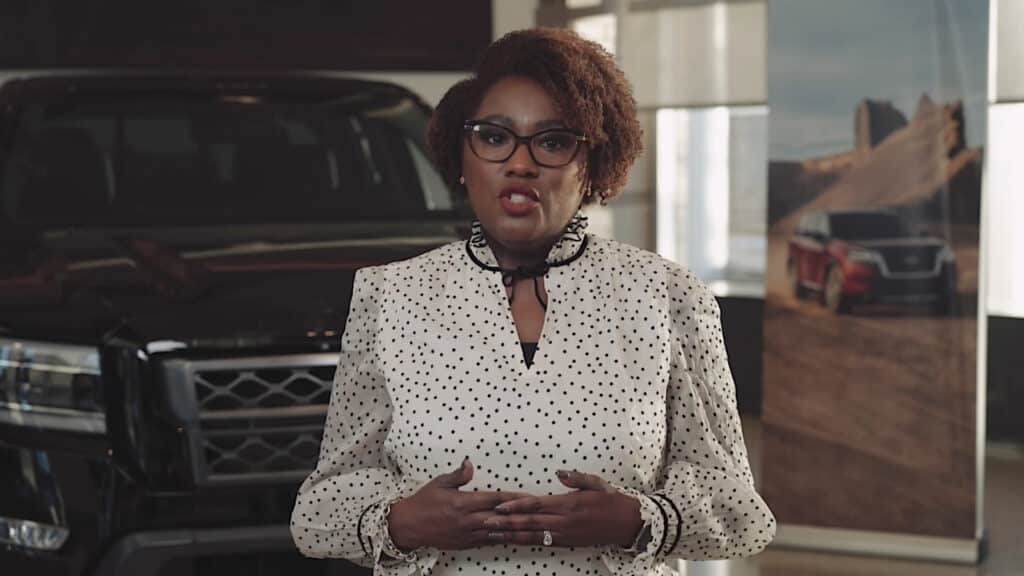
The brand is perhaps best known for the meteoric sales success of the original Datsun “Z” series, including the first of the series, the legendary 240Z. Nissan was also the first to offer a sedan with a different moniker, marketing the popular third-generation Maxima as a four-door sports car.
But sales success and employee success are closely related, and Nissan has a clear path to ensuring an equitable workspace for all employees.
In keeping with the company’s diversity goals, Nissan and Infiniti recently appointed two African American C-Suite executives: Chandra Vasser, who was named Nissan vice president and chief diversity, equity and inclusion officer for the Americas region, and Craig Keeys, who was named vice president, Infiniti Americas.
TheDetroitBureau.com recently sat down with Vasser to discuss her role and vision for Nissan’s diversity and philanthropic efforts moving forward. This story has been edited for clarity and length.
TheDetroitBureau: Thank you so much for joining us today. What are Nissan’s Diversity, Equity and Inclusion priorities?
Chandra Vasser: Thank you, Brian. Nissan is committed to creating a culture where everyone belongs and where employees, customers and partners feel respected, valued and heard. We launched our DEI strategy focused on three pillars: people, culture and partners. For people, we are committed to unlocking every employee’s potential to do the best work of their life. In terms of culture, Nissan is building safe spaces where curiosity and openness drive innovation. And finally, for our partners, we are creating avenues of opportunity in the industry for employees, customers, dealers, suppliers, and the community.
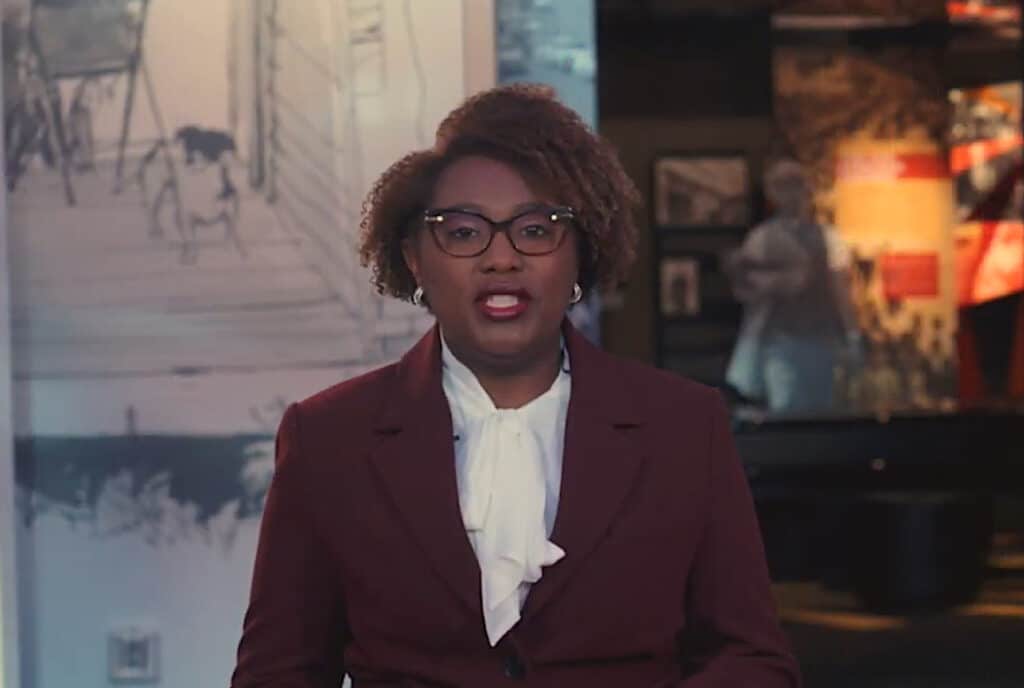
Developing and advancing diverse leaders is a priority for Nissan to ensure we have equitable representation across the organization and even at the most senior levels. Building relationships and making a societal impact in the communities where Nissan employees, dealers, customers and suppliers call home is also a core value of our DEI strategy. And certainly, we’re in this together with our Nissan dealer body and supplier network. And that just means that we are building new relationships with diverse dealers and suppliers and reinforcing existing partnerships so that our suppliers and dealer network reflect the diversity of our customers.
TDB: What do you mean by safe spaces for your employees?
CV: So when we talk safe spaces, we are referencing opportunities for employees to have inclusive, open conversations with our leadership. Whether that’s their direct leaders or oftentimes we pair our senior vice presidents with leaders or employees at lower levels in the organizations to have those very open and direct conversations as it relates to DEI and how it impacts them in the workplace.
TDB: You briefly spoke about the Nissan dealer body. Can you discuss Nissan’s relationship with the National Association of Minority Automobile Dealers (NAMAD). How do you interact with NAMAD in terms of DEI?
CV: We have a longstanding relationship with NAMAD, and we work with them to ensure progress toward achieving the common goal of increasing the number of ethnic minority-owned dealerships in Nissan’s dealer network.
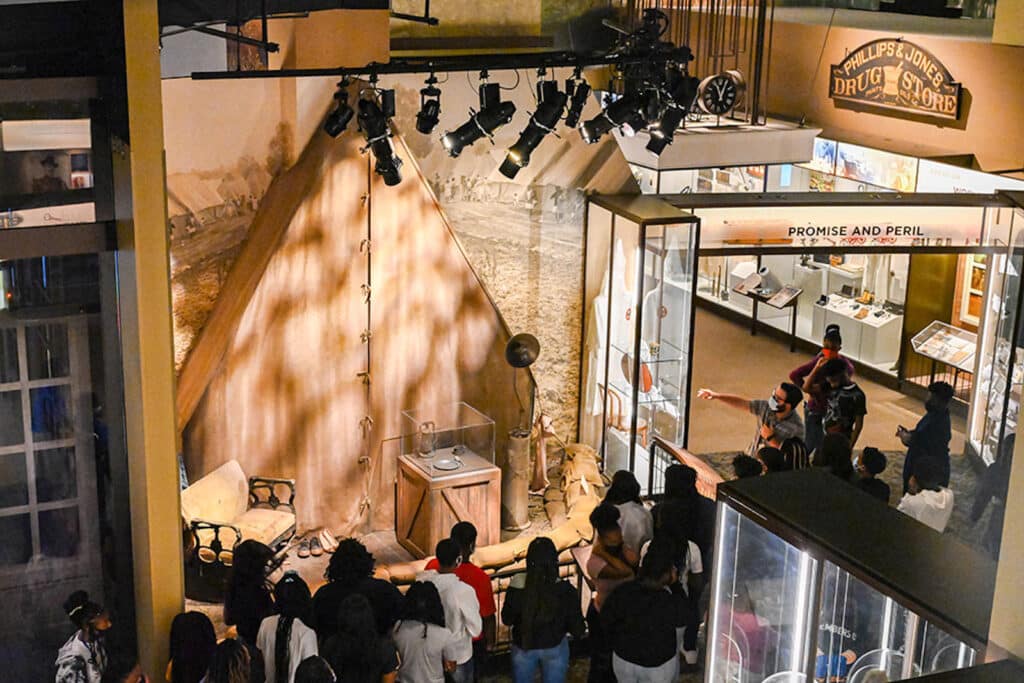
TDB: And also you spoke earlier about several different arms of Nissan diversity reach. How are you embedding DEI across the entire corporation?
CV: Nissan values inclusion in all areas of our business. Here are some of the things we’ve done to put an emphasis on advancing DEI. First, we revitalized our Executive Diversity Council. This council is led by our regional chairperson, and it’s comprised of members of our America’s Management Committee. And the focus of that team is to remove any roadblocks that might hinder us from reaching our diversity, equity and inclusion goals.
We also created an all-new functional advisory council to provide expanded executive level representation across the company and our executives include our directors and vice presidents. The goal of this committee is to further integrate the corporate DEI strategy into our DNA by driving actions within their teams. We’ve also prioritized training and inclusive conversations. For example, 100% of our employees and management throughout the region completed unconscious bias training. This year, the focus will be on completing conscious inclusion training. So these are components of our leadership’s business objectives.
TDB: In what ways are you emphasizing philanthropy and connecting it with communities where your employees, your dealers, your customers and your suppliers live and work?
CV: Building relationships and making a societal impact in the communities that Nissan employees, dealers, customers and suppliers call home is a core value of our strategy. We have two philanthropy pillars that enable us to make a significant impact in our local communities and support nonprofits that share our belief that our differences make us stronger. The first is Nissan Neighbors. And through this program, we have longstanding relationships with community partners, focus on STEM education, humanitarian aid, and environmental stewardship.
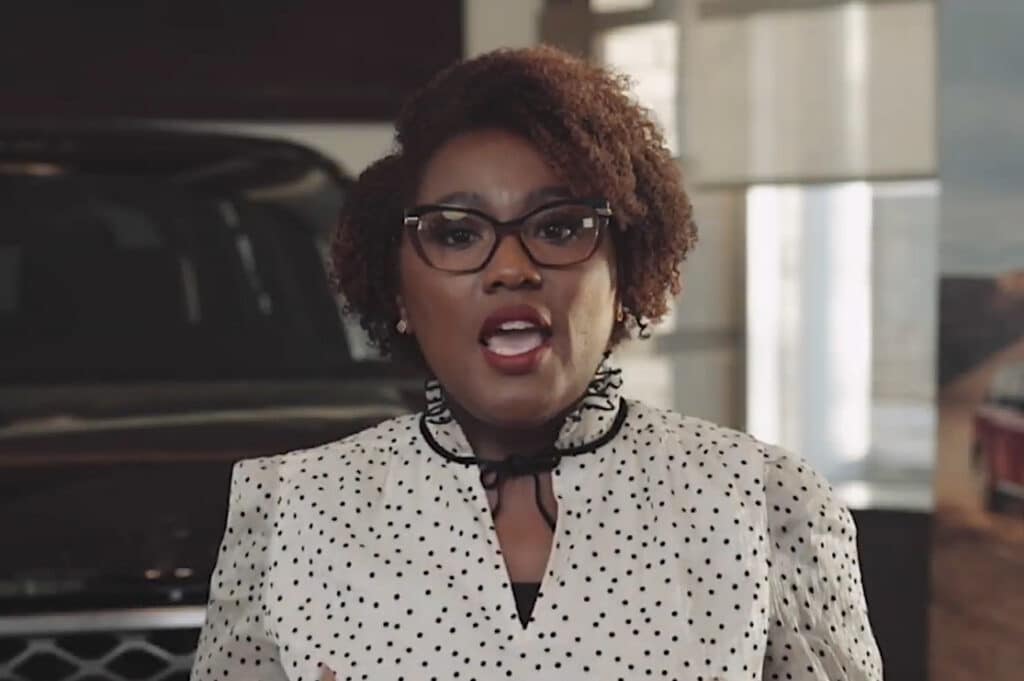
And the second pillar is the Nissan Foundation. The foundation was created in 1992 as a response to the weeks of civil unrest that occurred following the Rodney King trial verdict near the headquarters for Nissan’s U.S. sales operations, then located in Southern California. At that time, Nissan established a $5 million endowment to promote cultural diversity within southern Los Angeles neighborhoods. And since then, the foundation has expanded its support to seven U.S. communities in which Nissan has significant operations. And those include greater Atlanta, Middle Tennessee, North Central Texas, the New York Metropolitan Area, Southeastern Michigan, Southern California and Central Mississippi.
TDB: Now I’m no math wizard Chandra, but that 1992 date would indicate, for the foundation, you’re celebrating the 30th anniversary this year. Is Nissan planning a celebration or any specific program to recognize this milestone?
CV: Yes, we are extremely proud to celebrate the 30th anniversary of the Nissan Foundation. The focus is on cultural awareness and the value diversity brings to society as a whole. And that is as relevant today as it was 30 years ago. Since its creation, the foundation has donated $14 million to over 150 non-profits over three decades to ensure that we promote respect an understanding amongst cultural and ethnic groups.
In June, we announced our 2022 grantees and we awarded a total of $848,000 to 33 nonprofits who share our mission. Throughout this year, we have amplified the voices of some of our grantees through video and written stories. And we will hold a symposium, which is the first ever at Nissan to bring together thought leaders and non-profit partners to discuss how we can work individually and collectively to educate the world on the benefits of a more diverse and inclusive society. The symposium will be the culmination of our 30th anniversary events.
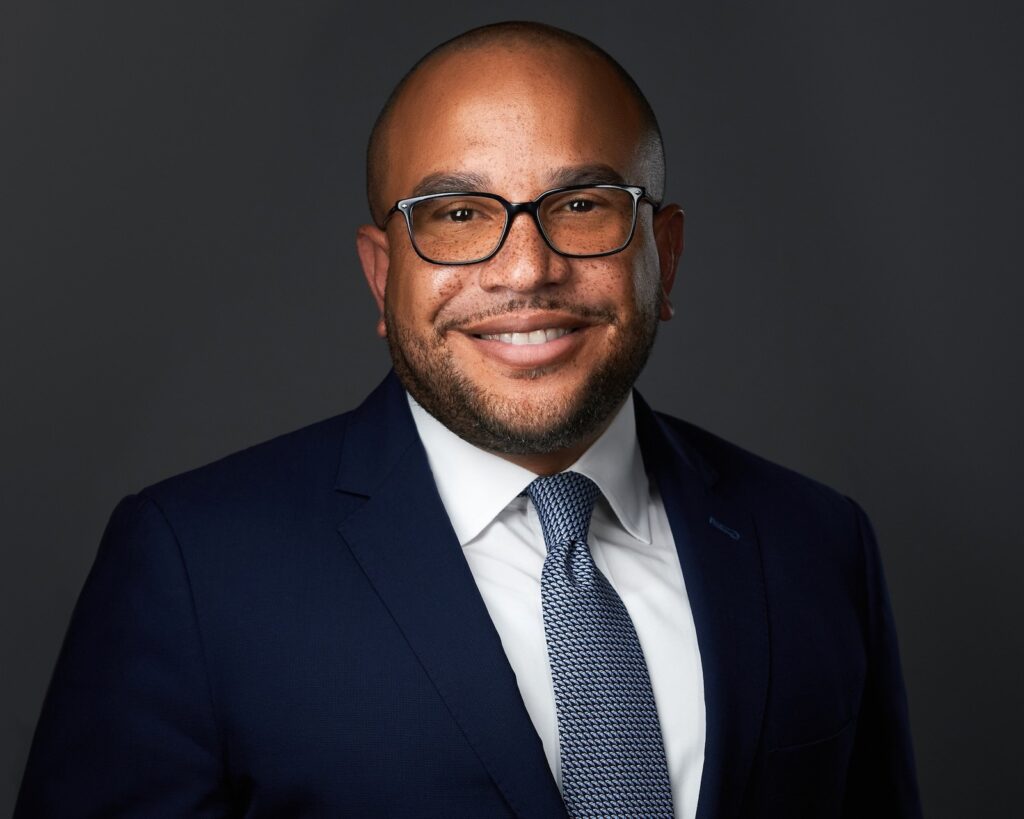
TDB: Congratulations on your new appointment, a corporate first for Nissan. What does your appointment mean to you and the company?
CV: Thank you for that question. My new position is the first, as you mentioned. I serve as a Vice President and Chief Diversity, Equity and Inclusion Officer for the America’s region, as well as President of the Nissan Foundation. The appointment of a C-Suite Vice President and Chief Diversity, Equity and Inclusion Officer is a significant win for Nissan as well as for me personally, as it is a demonstration or an obvious message that we truly value DEI. And it’s a key part of our strategy.
Quite frankly, we have further integrated the corporate DEI strategy into our DNA with a focus on integration across multiple functions that have a DEI focus. Certainly there have been some wins for us. As I have been in this position, we have continued to focus on the development of diverse employees to prepare them for leadership and executive roles in the organization.
Last year we developed a strategy to ensure a representation of diverse talent among the candidates for executive roles and as a result, 63% of our promotions to director level in the U.S. and over 60% across the America’s region were diverse talent within the last 12 months. Certainly we have implemented a corporate standard process according to DEI best practices to ensure that we have diverse talent represented on interview slates, and that those slates are interviewed by diverse panels.
This year, we had some other exciting things happen at Nissan. Number one, we made “Juneteenth” a company holiday for all U.S. employees. And we also implemented a new parental leave program for our U.S. employees. This program provides up to 16 weeks of leave and is fully inclusive. It’s open to both mothers and fathers as well as same sex couples and those who are adopting.
TDB: That is a significant number of diversity wins for the Nissan Group of North America, Nissan and Infiniti as well. Chandra, thank you for your time today.
CV: Thank you. And thank you for taking the time to interview us to share information about the great things we’re doing in the DEI space.
Auto Lovers Land
Comments
Post a Comment